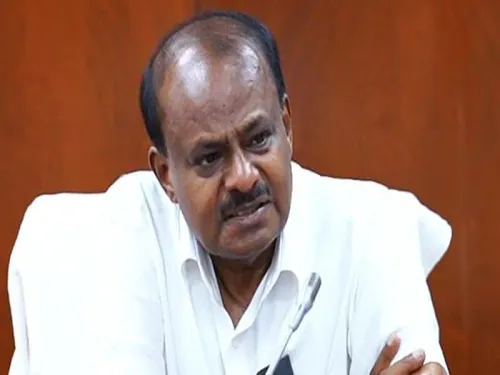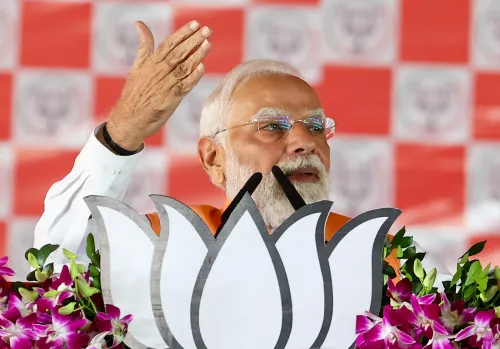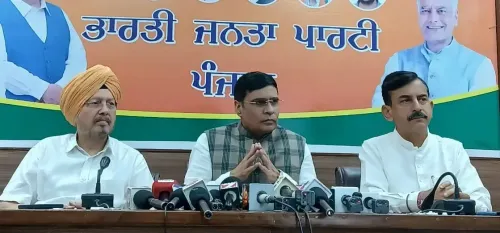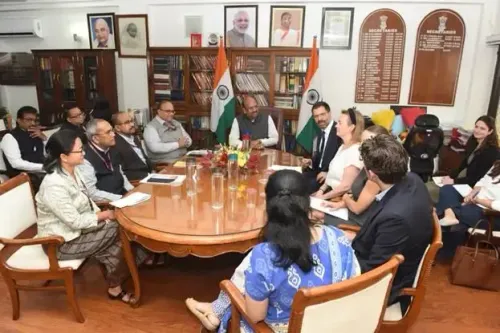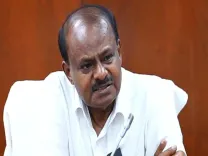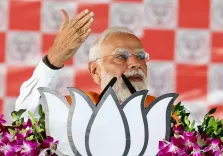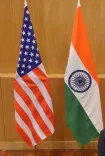CM Fadnavis Advocates for Hindi as Mandatory Third Language in Classes 1-5 Amid Opposition Outcry
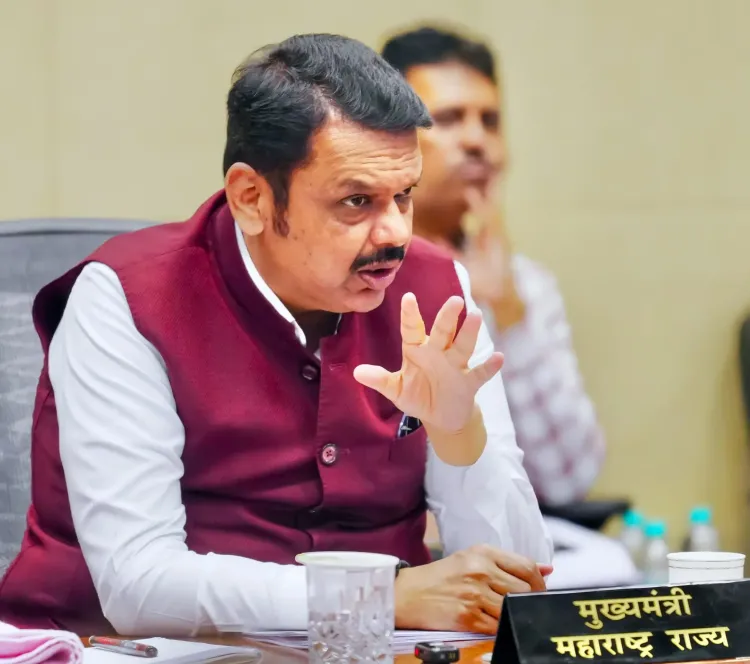
Synopsis
Key Takeaways
- Hindi to be mandatory for students in Classes 1-5.
- Opposition parties have raised concerns about Marathi identity.
- State curriculum frameworks approved by the Steering Committee.
- Fadnavis supports a unified communication language.
- Contention over federalism and language imposition.
Mumbai, April 17 (NationPress) Chief Minister Devendra Fadnavis on Thursday ardently supported the state government's initiative to mandate Hindi as a required third language for students in Classes 1 to 5 attending Marathi and English-medium schools starting from the academic year 2025-26.
Conversely, opposition parties, including Congress and Maharashtra Navnirman Sena, have vehemently contested this decision.
“We have already executed the New Education Policy. Hence, no new resolutions have been made in this context. It is our firm belief that every individual in Maharashtra should be proficient in Marathi. Additionally, a unified language for communication nationwide is essential. Hindi serves as a potential medium for this communication. Therefore, we encourage learning Hindi; this is our mission,” he stated.
“If someone desires to learn English, they can pursue it. There are no restrictions on learning any other languages. Everyone ought to understand Marathi. Moreover, familiarity with other regional languages is equally important. The Central Government has considered this. They believe in establishing a common language for communication in our nation. This is our initiative,” the chief minister noted.
According to CM Fadnavis, the State Council of Educational Research and Training (SCERT) has created two state curriculum frameworks—one for the foundational level and another for the school level. The Steering Committee, led by the Minister of School Education, has sanctioned both frameworks.
Meanwhile, Congress Legislature Party leader Vijay Wadettiwar urged the state government to promptly retract the notification regarding the imposition of Hindi as a compulsory third language for students in Classes 1 to 5 in order to safeguard Marathi identity and linguistic rights.
“The native tongue of Maharashtra is Marathi, yet Marathi and English are employed in education and administration. Thus, mandating Hindi as a third language is an injustice to Marathi and assaults the identity of Marathi speakers. If a third language is necessary, it should be optional. However, enforcing it is a form of undue pressure from the Centre on the states, which contradicts the fundamental principles of federalism. Some states have expressed their dissent and are facing threats—this is a growing concern,” he remarked.
On the other hand, Maharashtra Navnirman Sena general secretary Sandip Deshpande stated that Hindi is not the official language of India.
“After India gained independence in 1947, linguistic regions were established. Each state possesses its own language. You cannot impose another state's language upon us; we resist this firmly. The Marathi language should be obligatory in Maharashtra. There is no issue with making a third language optional. Our opposition lies in the mandatory aspect of Hindi,” he added.
“Should Marathi not be prioritized in Maharashtra? If such discussions are occurring, then it signifies the misfortune of Maharashtra,” he expressed.
“Various languages in the country should prosper. The third language ought to be optional. If individuals wish to learn any other Indian language aside from Hindi, they are free to do so. But why should Hindi be mandatory?” he inquired.

